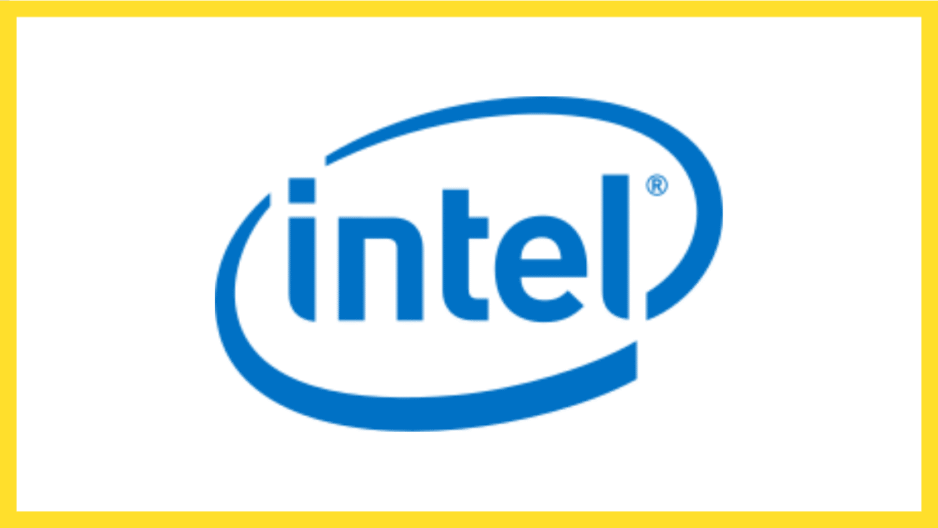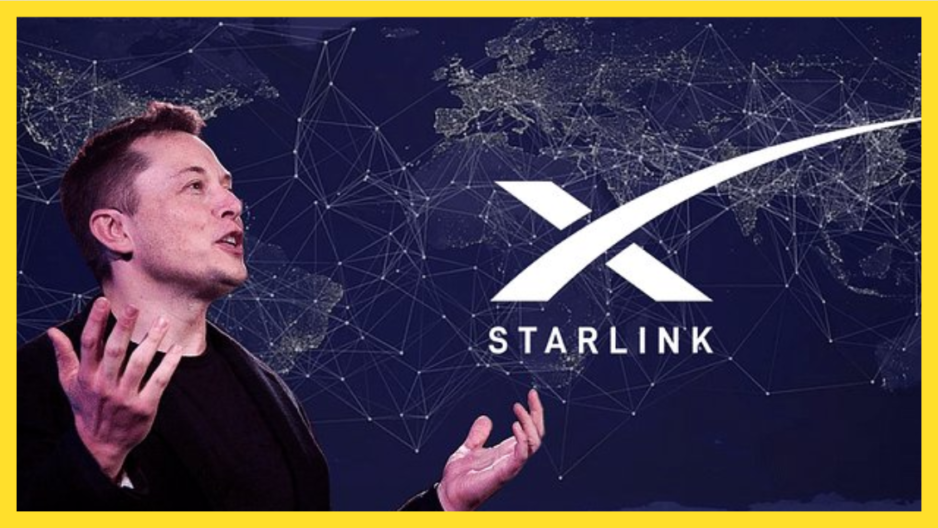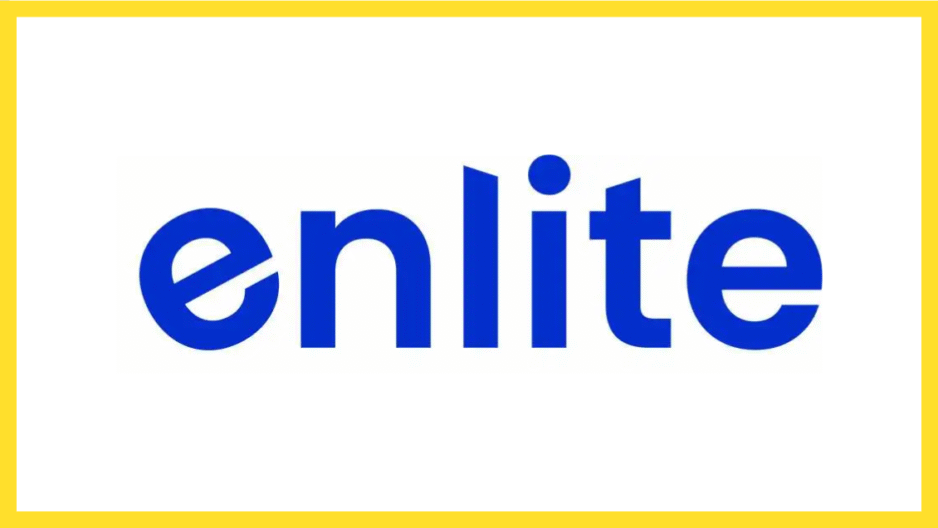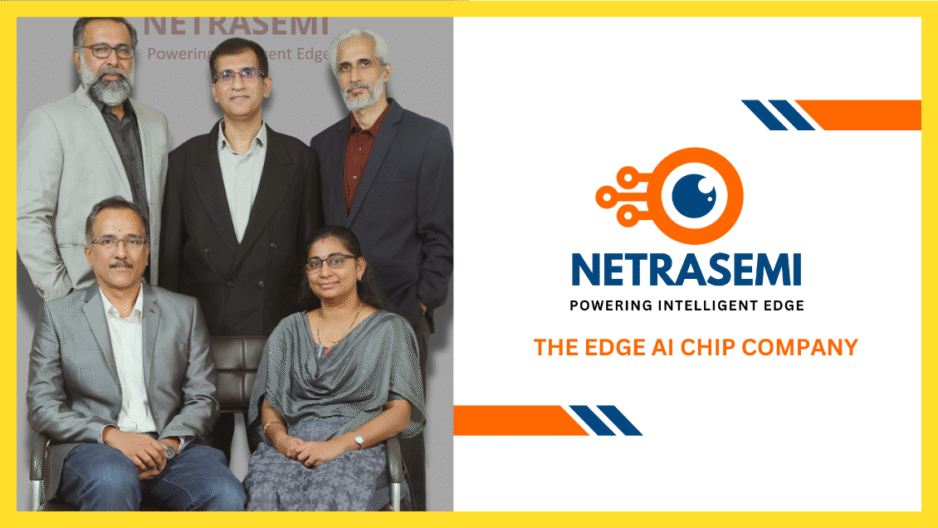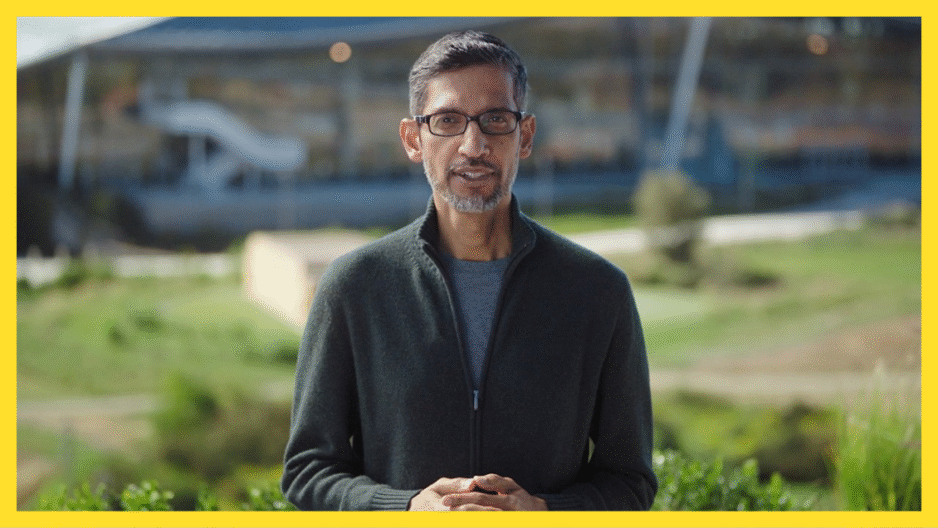Tesla just confirmed that its long-rumored cheap EV is real—and yes, production actually started in June. But don’t get too excited just yet. Full-scale rollout won’t happen until late 2025. The company’s focusing on pushing out pricier models first, before the $7,500 EV tax credit ends in September. Elon Musk hinted it’s not a totally new car, but a stripped-down Model Y. If true, it could shake up the EV market—assuming it doesn’t eat into Tesla’s own sales. After years of promises, the pressure’s on to finally deliver an affordable Tesla that actually reaches the masses.
Credit: gizmodo


